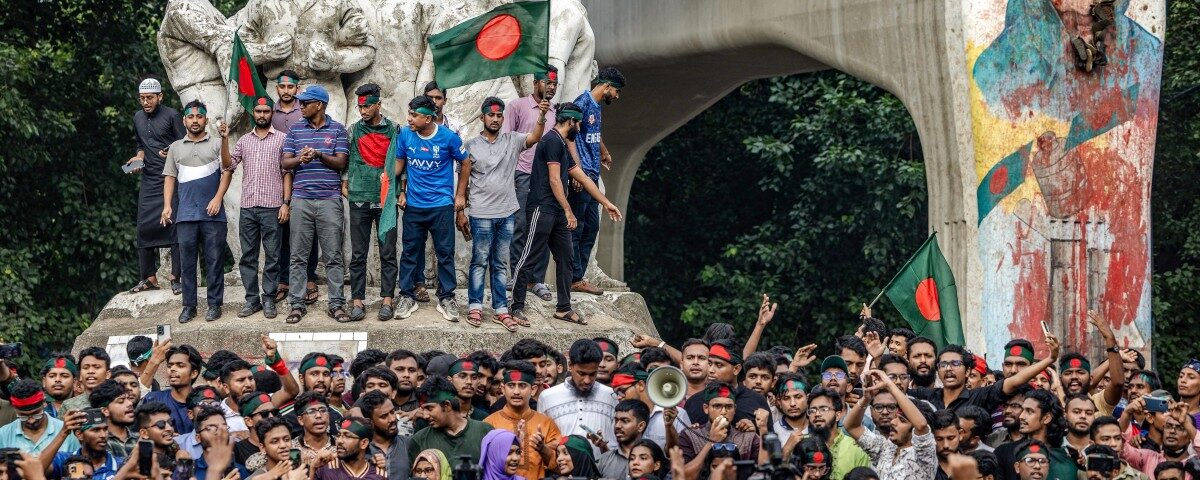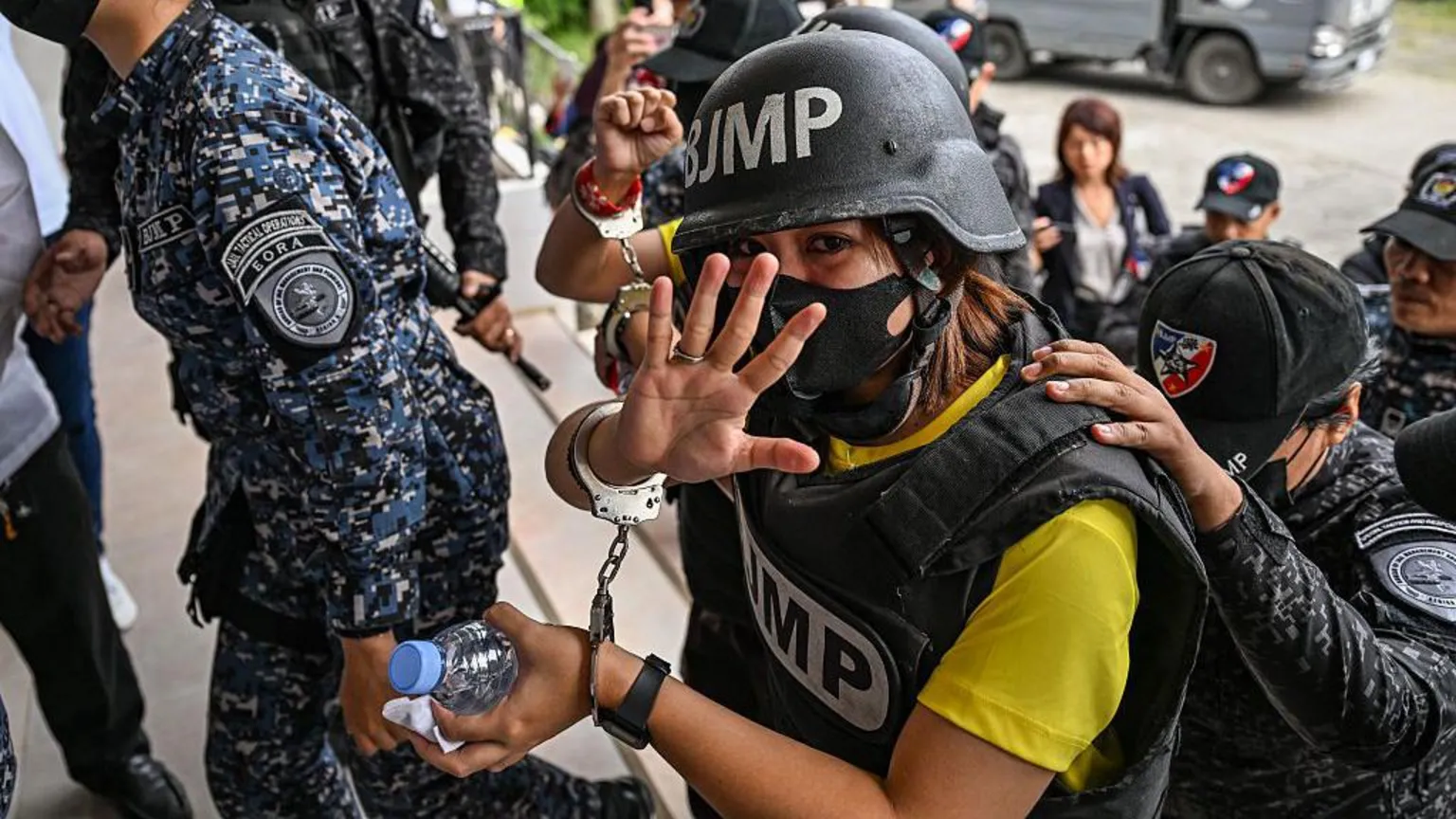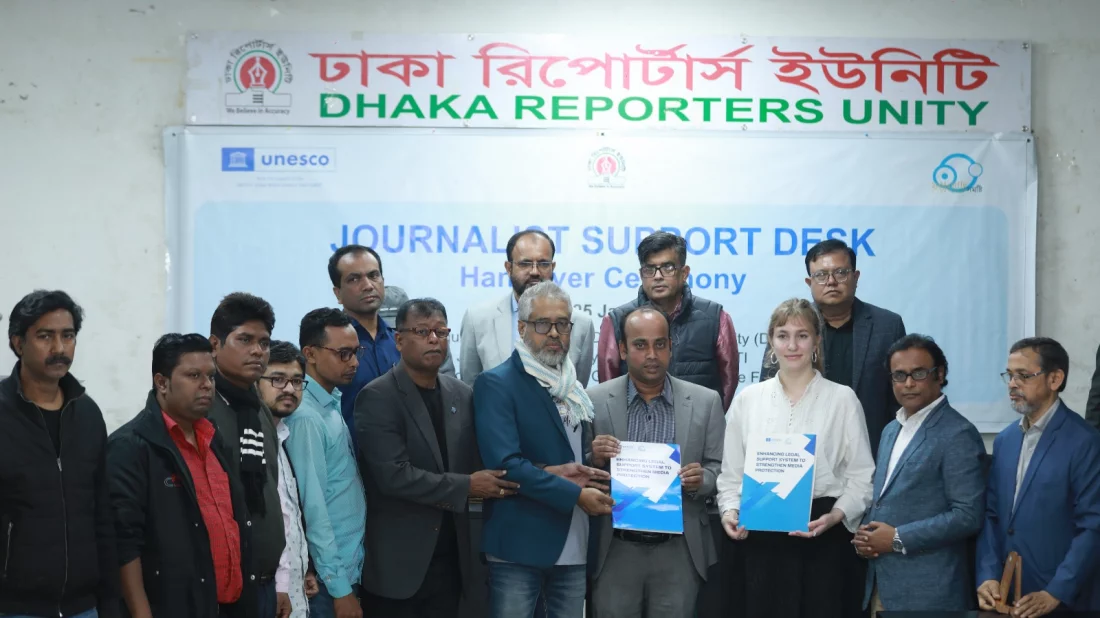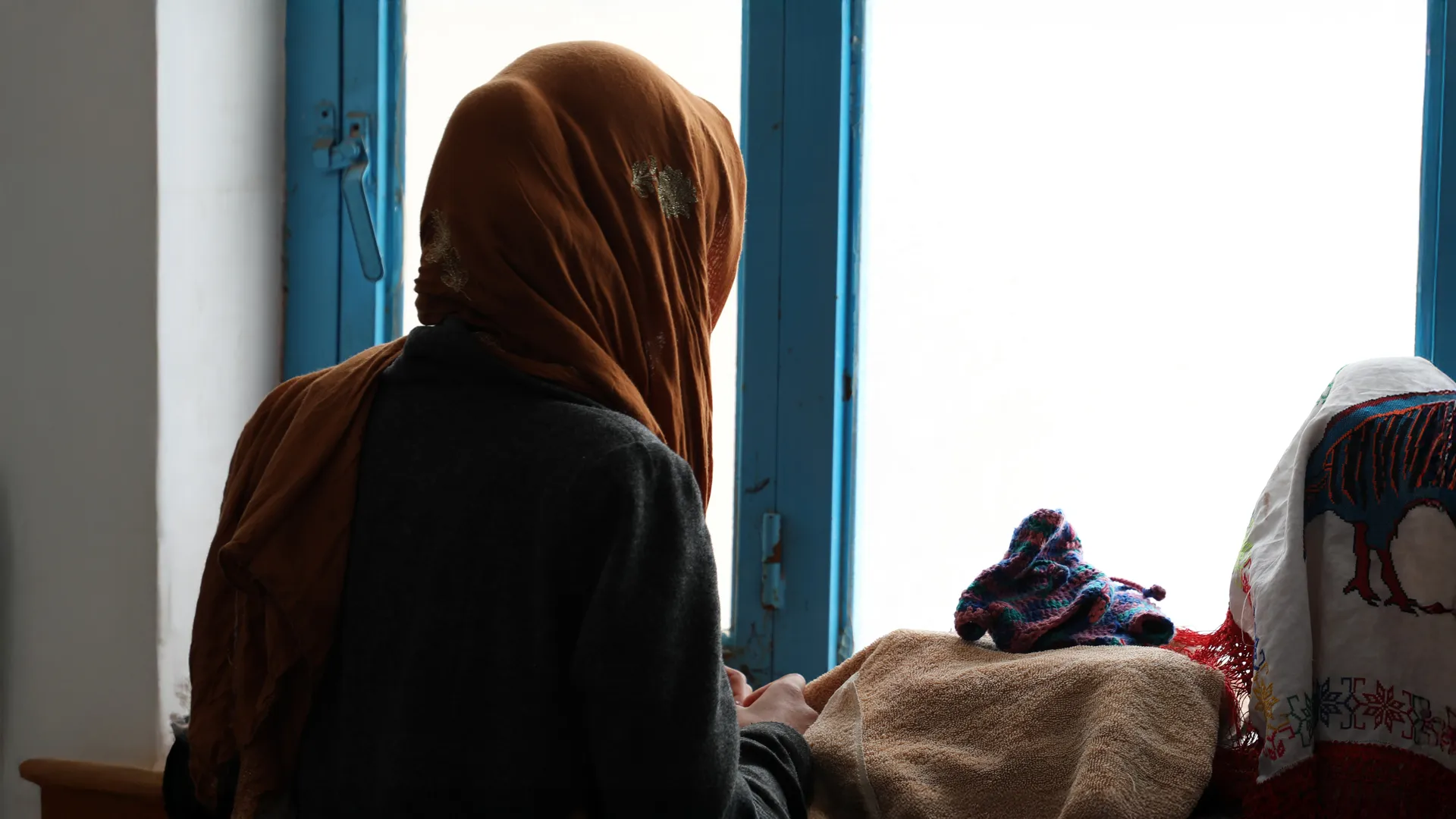
Journalists Assaulted and Arrested by Mexico City Police During Human Rights Protest
September 9, 2024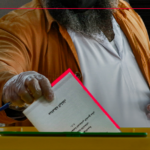
Jordan’s Cybercrime Law Weaponized to Silence Journalists, RSF Warns
September 9, 2024(FILES) Students chant slogans as they protest to demand accountability and trial against Bangladesh's ousted Prime Minister Sheikh Hasina, near Dhaka University in the capital on August 12, 2024. - Two women dominated Bangladeshi politics for decades. One was chased into exile. The other is newly free from custody and too sick to rule, but her heir looks set to take power. Autocratic ex-premier Sheikh Hasina, 76, fled the country by helicopter for neighbouring India this month as huge crowds demanding an end to her rule marched towards her palace. (Photo by Luis TATO / AFP)
September 09, 2024 – Bangladesh –
authorities in Chittagong initiated legal proceedings against 28 journalists as part of a broader case targeting 109 protesters during nationwide student demonstrations that erupted in June. The charges include allegations of publishing “false or misleading news” alongside accusations of abduction and assault related to the protests.
The journalists named in the case have been linked to national media outlets across print, television, and digital platforms. The targeting follows a notable erosion of media freedom in Bangladesh under both previous and current interim administrations. In recent months, dozens of journalists have faced arbitrary arrests, harassment at protest sites, and even revocation of press accreditation, with 167 journalists reportedly stripped of credentials by the state-controlled Press Information Department.
The International Federation of Journalists (IFJ) and its local affiliate, the Bangladesh Manobadhikar Sangbadik Forum (BMSF), have denounced the case as a blatant act of intimidation. They are urging the interim government to adhere to legal due process and to halt any tactics that chill critical or protest-related coverage.
These events unfold amidst a backdrop of intensified suppression of journalistic voices. The Digital Security Act (2018) continues to be wielded to criminalize reporting—over 1,000 cases have been filed under the law, which allows arrests without warrants and contributes significantly to a culture of self-censorship among media professionals. Coupled with a spate of violent assaults—such as the arrests of Ekattor TV journalists Shakil Ahmed and Farzana Rupa—these measures illustrate a systematic assault on the press.
Currently ranked 165th out of 180 in Reporters Without Borders’ World Press Freedom Index, Bangladesh faces growing scrutiny over its treatment of media workers. The IFJ warns that deploying criminal charges against journalists for covering protests undermines democracy and the public’s right to information.
Reference –

